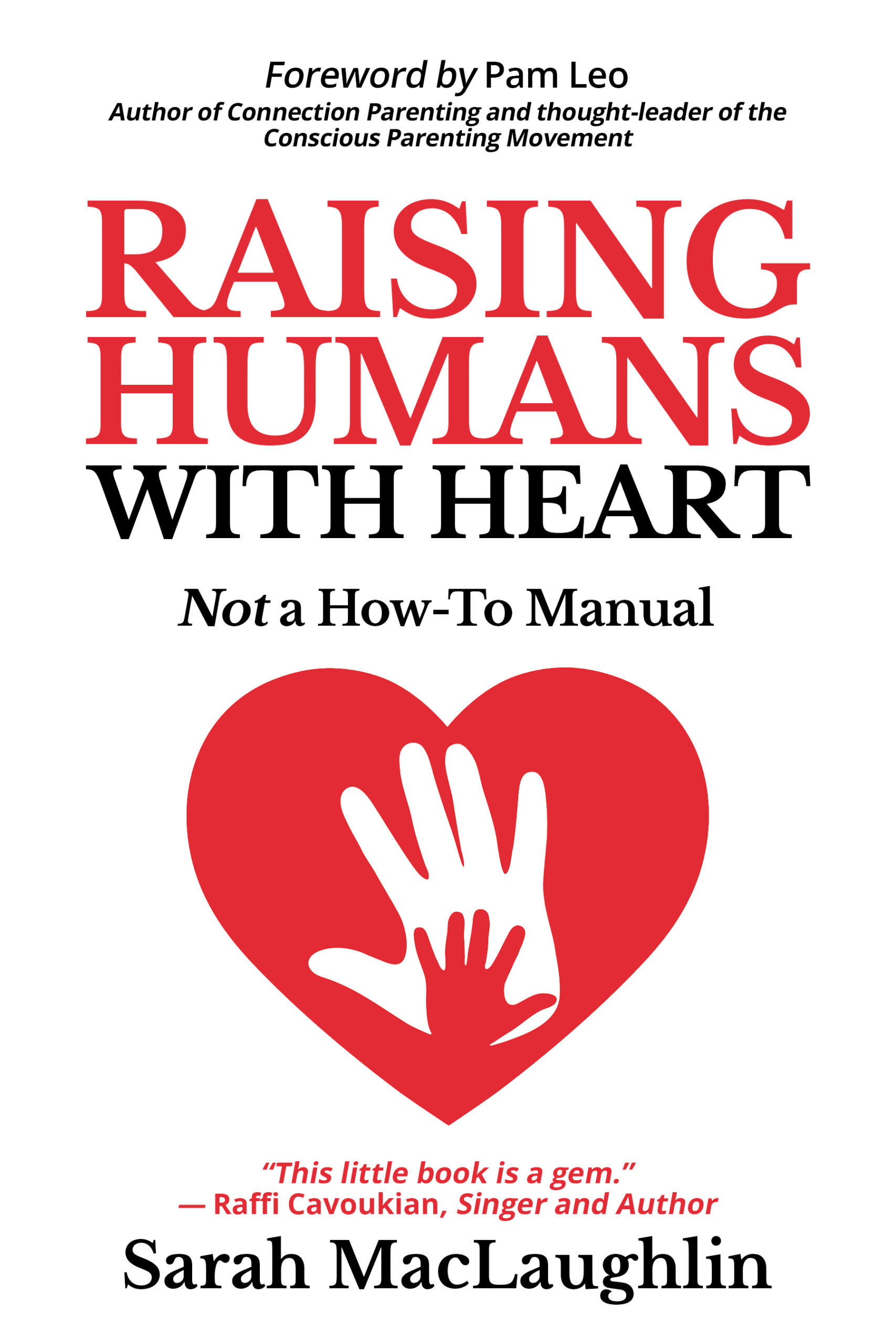In Raising Humans with a Heart, author Sarah Maclaughlin presents a thoughtful, reflective, and sometimes provocative guide to raising children with empathy, resilience, and moral grounding in an increasingly complex world. With its warm, conversational tone and a framework rooted in values-based parenting, this book invites readers—especially parents and caregivers—to reexamine how we shape the emotional and ethical compass of the next generation.
Maclaughlin’s central thesis is compelling: parenting should be less about behavior correction and more about heart-centered connection. She encourages parents to cultivate emotional literacy, model empathy, and approach discipline through a lens of compassion rather than control. Throughout the book, readers will find practical advice on active listening, setting boundaries with kindness, and fostering independence without shame.
The book’s strength lies in its accessible writing and sincere tone. Maclaughlin offers insights drawn from her own parenting journey as well as her professional experience, and she doesn’t shy away from the messiness of raising kids. Anecdotes are used effectively to illustrate both successes and stumbles, giving the book an honest, grounded feel that many readers will appreciate.
Chapters are organized around key principles such as emotional safety, connection over correction, and fostering inner strength. Each section ends with reflection prompts and actionable tools, making it ideal for book clubs or parenting groups. Maclaughlin also explores the deeper emotional needs of parents themselves, acknowledging that healing and self-awareness are integral to raising healthy children.
However, while Raising Humans with a Heart earns high marks for its humanity and practicality, it veers into more ideologically driven territory in its final chapters—particularly in its commentary on social justice and identity politics. Here, the book begins to read less like a universal parenting manual and more like a values declaration aligned with a specific worldview. While many will find these chapters empowering, others may feel alienated by what could be interpreted as a “woke” tone shift that leans into current sociopolitical discourse.
This pivot slightly disrupts the otherwise inclusive and broad-reaching narrative. It’s not that the values discussed—equity, inclusion, and social awareness—aren’t important, but the way they are integrated feels more prescriptive than invitational. As a result, Raising Humans with a Heart may appeal more strongly to progressive-leaning parents than to a general readership.
Overall, Raising Humans with a Heart is a valuable parenting book with a big heart and noble intentions. It provides thoughtful tools and gentle guidance for those seeking to raise emotionally intelligent, ethically grounded children. Despite the shift in tone toward the end, the core message remains clear and powerful: raising kind, resilient humans starts with compassion, both for our children and ourselves.
Rating: ★★★☆ (3 out of 4 stars)
A nurturing and useful guide for intentional parenting—slightly diminished by its overt ideological tilt in later chapters.



